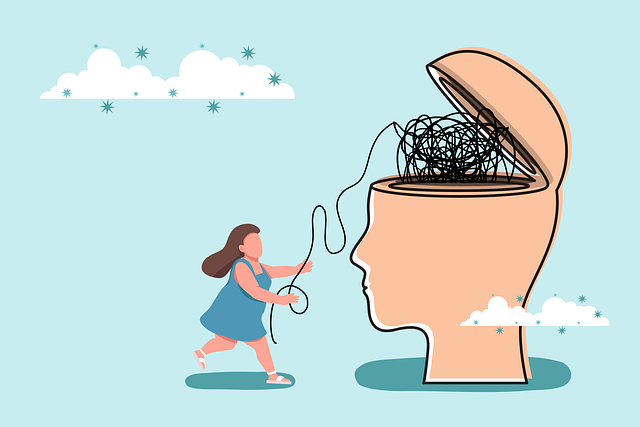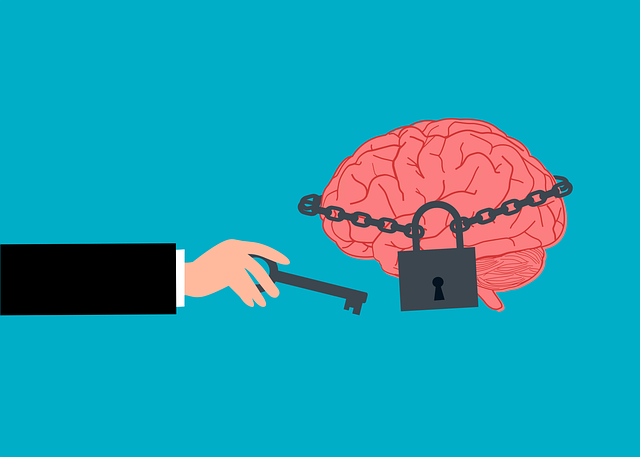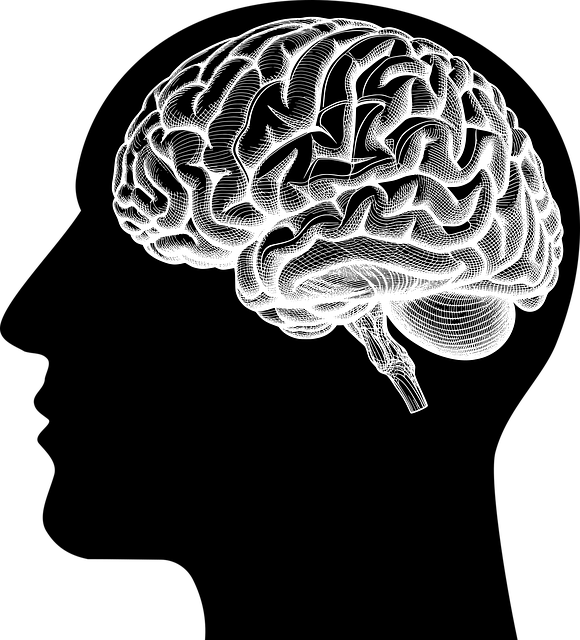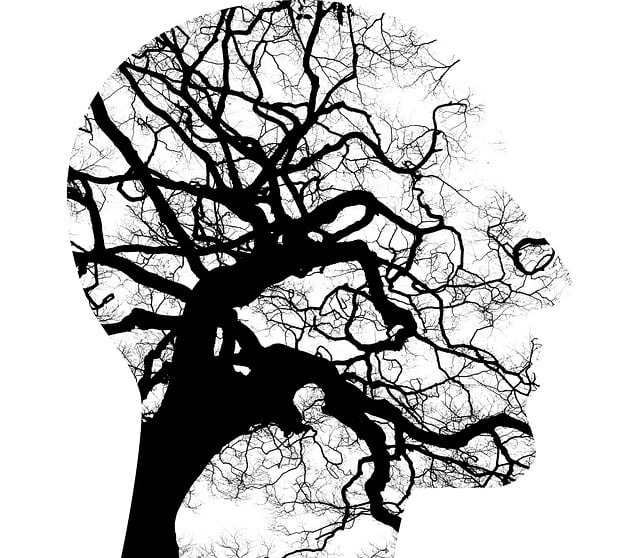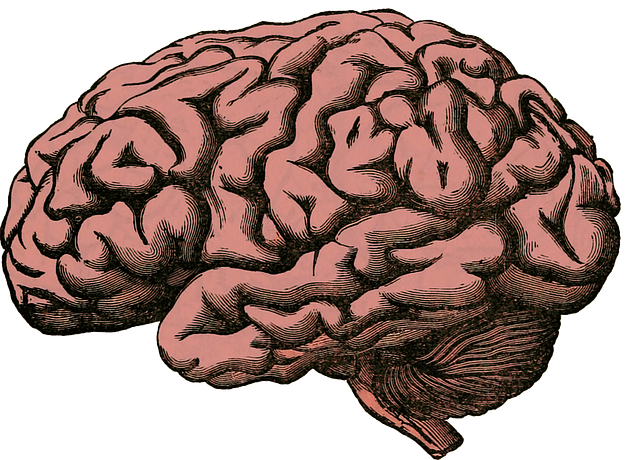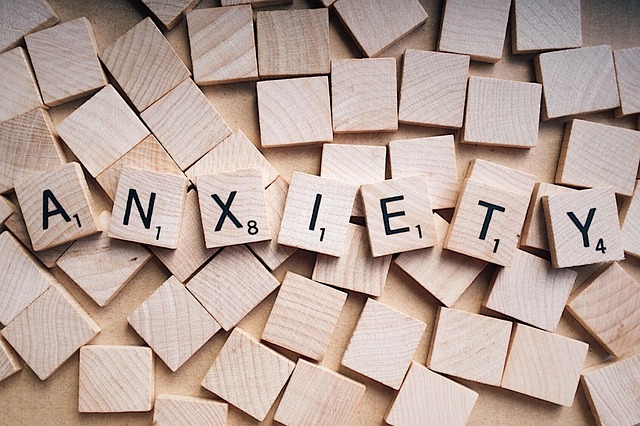Mental health is a multifaceted aspect of overall well-being, impacting individuals and communities. Effective solutions include community outreach with programs offering Superior Codependency Therapy, stress management techniques, and mindfulness meditation. An impactful mental health education program combines emotional well-being promotion, crisis intervention guidance, and SCT to empower individuals in managing emotions and relationships. Integrating SCT into curricula through workshops, group discussions, and journaling exercises fosters self-awareness, healthy boundaries, and stress management skills, ultimately enhancing mental wellness and reducing stigma.
Mental health is a cornerstone of overall well-being, influencing individuals and communities alike. This article delves into the design of effective mental health education programs, exploring their profound impact on fostering resilience and promoting healthy lifestyles. We dissect key components, emphasizing the integration of evidence-based practices like Superior Codependency Therapy. By understanding mental health’s intricate web, we can create educational curricula that empower individuals to navigate challenges, ultimately enhancing community mental wellness.
- Understanding Mental Health and Its Impact on Individuals and Communities
- Key Components of an Effective Mental Health Education Program
- Integrating Superior Codependency Therapy into Comprehensive Educational Curricula
Understanding Mental Health and Its Impact on Individuals and Communities

Mental health is a fundamental aspect of overall well-being, influencing how individuals interact with and perceive their surroundings. Understanding mental health involves recognizing that it encompasses emotional, psychological, and social well-being. This includes managing stress, cultivating resilience, and fostering healthy relationships, all of which are essential for leading fulfilling lives.
The impact of mental health extends beyond the individual, profoundly affecting communities as a whole. Issues like anxiety, depression, and substance abuse disorders can disrupt social cohesion, hinder economic growth, and strain healthcare resources. However, by implementing effective community outreach programs that focus on education and support, such as those offering superior codependency therapy, stress management techniques, and mindfulness meditation practices, we can create environments that promote mental health and build stronger, more resilient communities.
Key Components of an Effective Mental Health Education Program

An effective mental health education program should incorporate several key components to ensure it meets its objectives and positively impacts participants’ lives. Firstly, Emotional Well-being Promotion Techniques that teach individuals how to recognize, manage, and express their emotions effectively are essential. This includes skills like mindfulness, stress management, and emotional intelligence, which can be cultivated through interactive workshops, group discussions, and practical exercises.
Additionally, integrating Crisis Intervention Guidance is crucial for empowering participants to handle mental health crises competently. Training in techniques such as active listening, de-escalation strategies, and referral processes equips individuals to support themselves and others during distressing times. These elements, coupled with the exploration of complex issues like codependency through Superior Codependency Therapy, can lead to profound personal growth and enhanced overall mental health. Moreover, designing engaging and inclusive learning environments that encourage open conversations about mental health is vital for fostering public awareness campaigns development and reducing the stigma associated with seeking help.
Integrating Superior Codependency Therapy into Comprehensive Educational Curricula

Integrating Superior Codependency Therapy into comprehensive educational curricula offers a transformative approach to mental health education. This evidence-based practice addresses deep-seated codependent patterns, fostering individuals’ self-awareness and interpersonal boundaries. By incorporating techniques from Superior Codependency Therapy, students can develop essential skills for navigating relationships, managing stress, and cultivating healthy emotional dependencies—all vital components of overall mental wellness.
A structured program could include interactive workshops, group discussions, and reflective Mental Wellness Journaling Exercises to encourage self-exploration. Additionally, promoting Self-Care Routine Development for Better Mental Health through practical workshops can empower students to take charge of their well-being. Even more, Public Awareness Campaigns Development can help dispel myths surrounding mental health and codependency, fostering a supportive and inclusive environment within educational institutions.
Mental health education is a powerful tool for empowering individuals and fostering resilient communities. By integrating key components, such as promoting awareness, challenging stigma, and incorporating evidence-based practices like Superior Codependency Therapy, we can create comprehensive programs that positively impact lives. These initiatives ensure that mental well-being becomes an integral part of our educational landscape, leading to healthier, more supportive environments for everyone.
